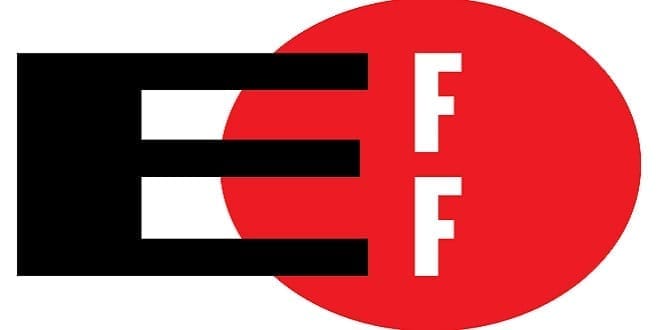In the case of Commonwealth v. Estabrook which was brought before the Massachusetts Supreme Judicial Court, the court ruled that the Massachusetts state constitution requires a warrant for law enforcement to obtain cell site location information (known as CSLI), in order to track a person's past movements. This ruling is largely in line with a previous one that dealt with a similar case, but footnotes in both rulings complicate the issue.
In the previous case of Commonwealth v. Augustine, police obtained several weeks of CSLI data to track a suspect's movement over that period of time. The EFF argued in court that this violated the target's reasonable expectation of privacy which was guaranteed under the Massachusetts constitution. Although the court agreed with the EFF's argument and ruled that a warrant was required to collect CSLI data, the ruling suggested that there is some period of time too short to violate a person's reasonable expectation of privacy. In a footnote on the ruling the court stated, "it would be reasonable to assume that a request for historical CSLI of the type at issue in this case for a period of six hours or less would not require the police to obtain a search warrant."
In the Estabrook case, the EFF argued that the 6 hour exception created in the previous ruling was not relevant in this case because the police obtained two weeks of CSLI data. Even if the police only intended to use 6 hours as evidence in court, it was still a violation of privacy to obtain the full two weeks. The court agreed, stating that it was the amount of data obtained not how much was going to be used in trial that was relevant to whether or not a warrant was required.
In the brief it filed for the case, the EFF asked the court to close the 6 hour loophole, and require a warrant for all CSLI data. The court declined to do so, believing that the 6 hour rule is suitable to protect citizens' privacy. In another footnote, the court clarified that the 6 hour exception only applies to telephone call CSLI data and not registration CSLI data. The difference is that the first type of CSLI only provides a user's location during phone calls, while the second type is created every few seconds when it pings a nearby cell tower. Because registration CSLI data provides more detailed information to track a user's location, the court decided that a warrant would always be required.
Even though the court provided a very narrow exception to the warrant requirement in obtaining CSLI data, the EFF still takes issue with the ruling. They argue that telephone companies may not be able to provide only one type of CSLI data if the police request it without warrant. They also mention that it may cause confusion for courts and lawyers who cannot handle the technical details required to make the distinction between the two types. They argue that a simple rule to always require warrants when collecting CSLI data would be better than allowing an exception as the court has done.
Currently the legality of obtaining CSLI data without warrant is a confused mess in America. Federal Circuits have given contradictory rulings, and some state courts, such as Massachusetts in this case, have made their own rulings based on the state constitution. This leads to a patchwork of different rulings that are binding in different states. The EFF is hoping the Supreme Court will hear the case of United States v. Davis, and issue a ruling requiring warrants to collect CSLI data which will be binding across the entire country.
Should warrants be required to collect CSLI data? Leave your comment below.







